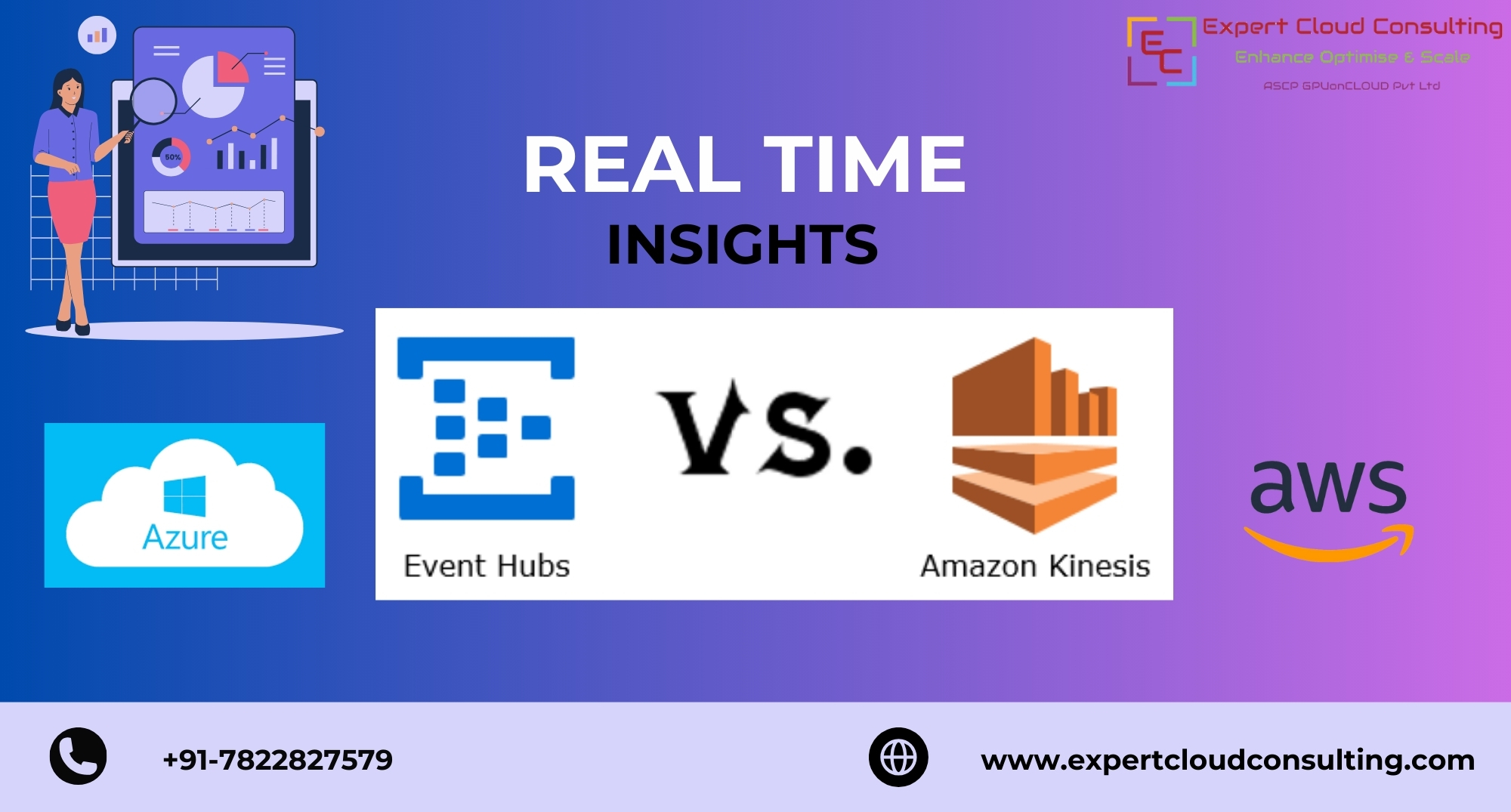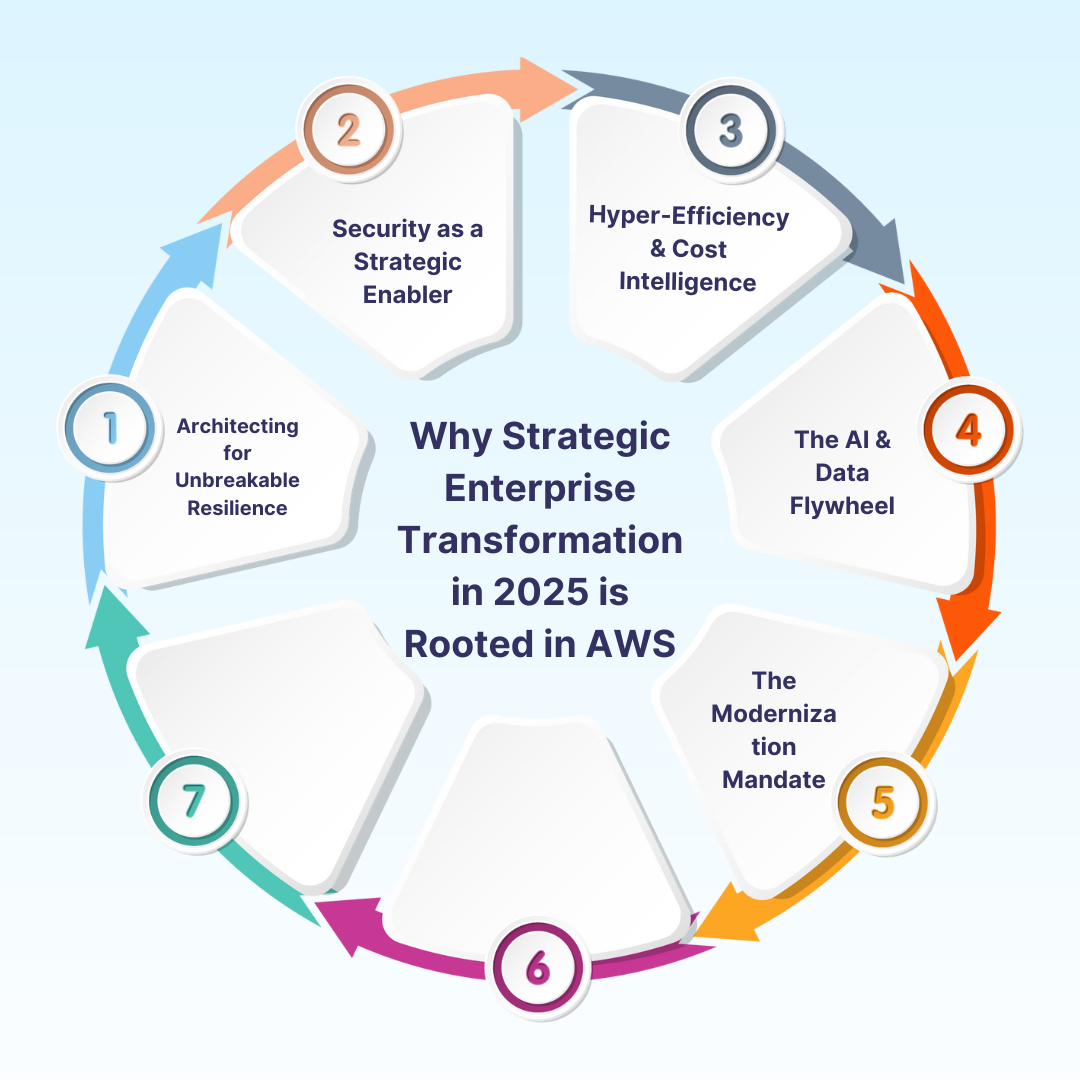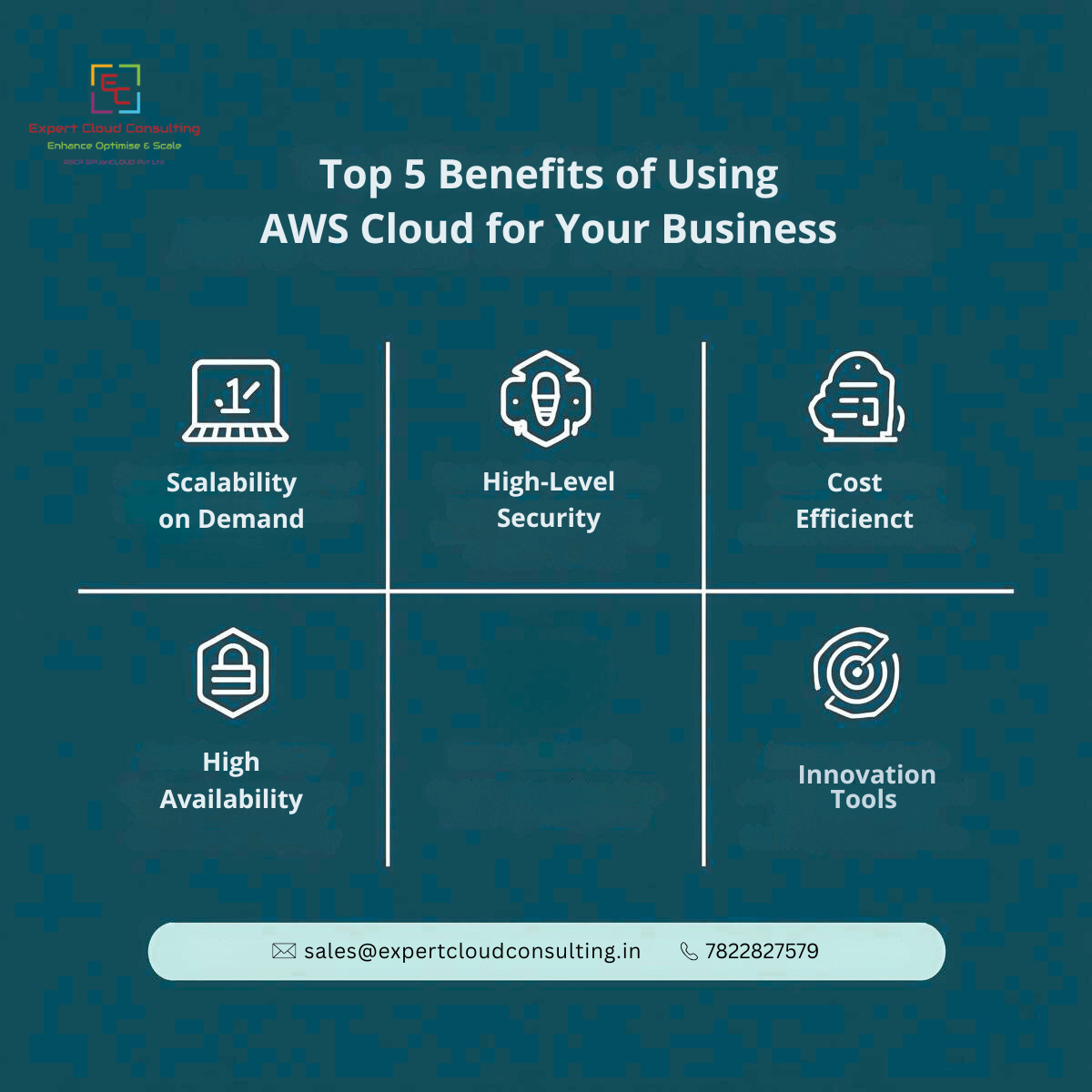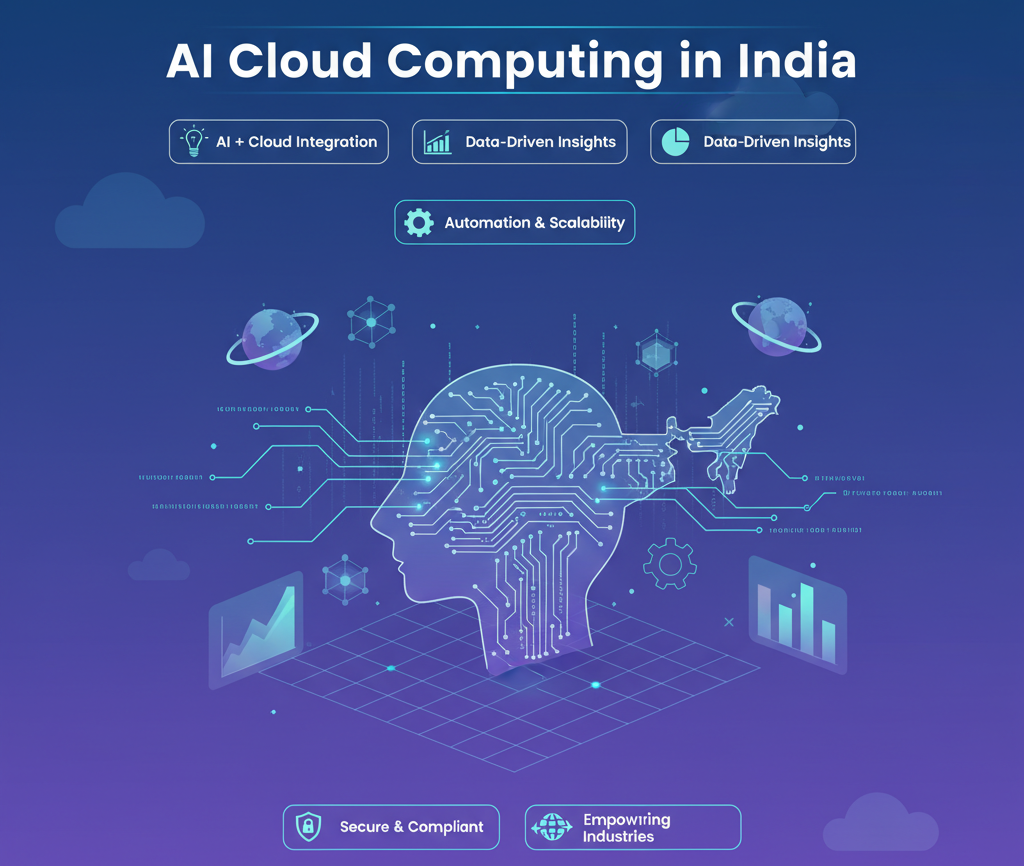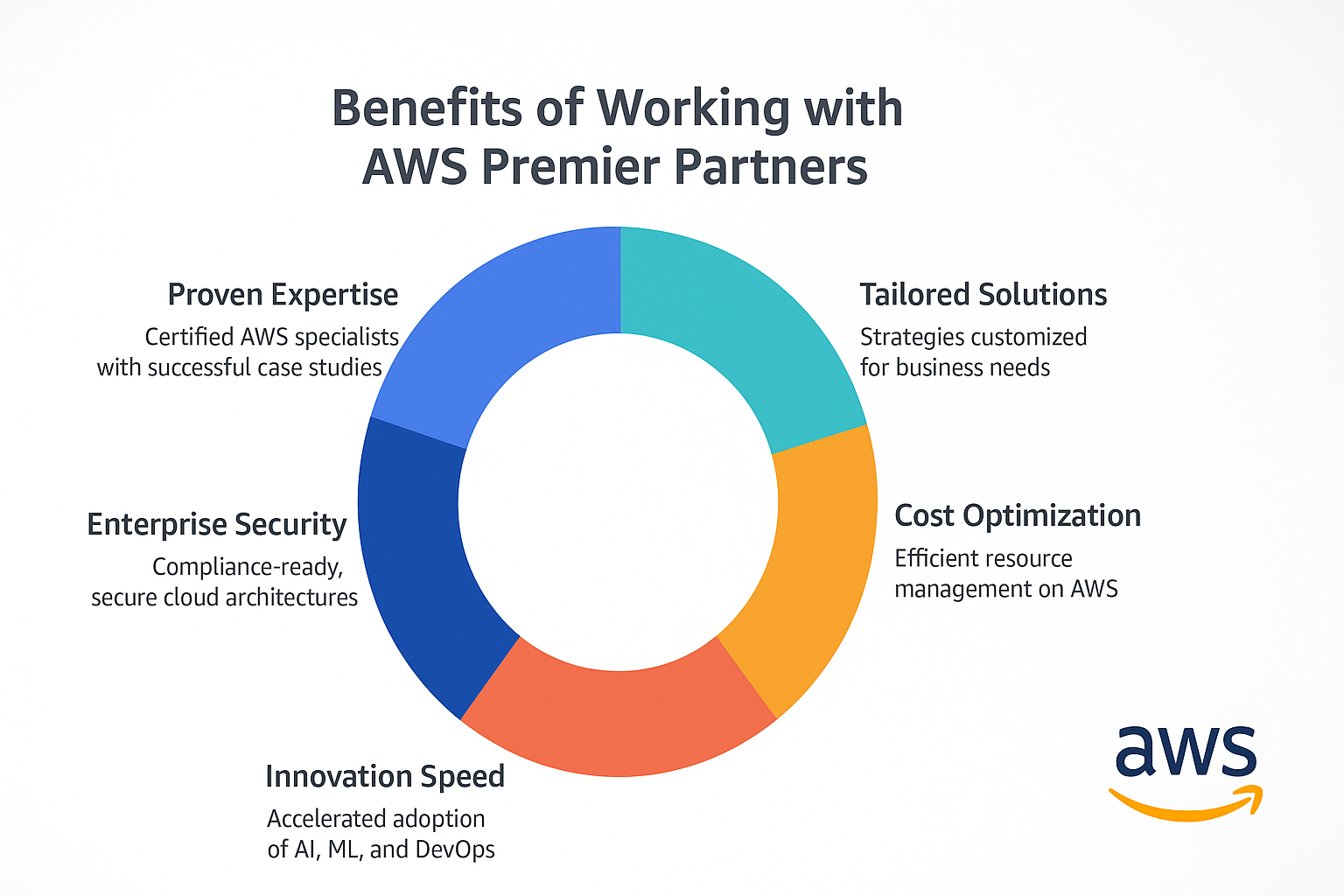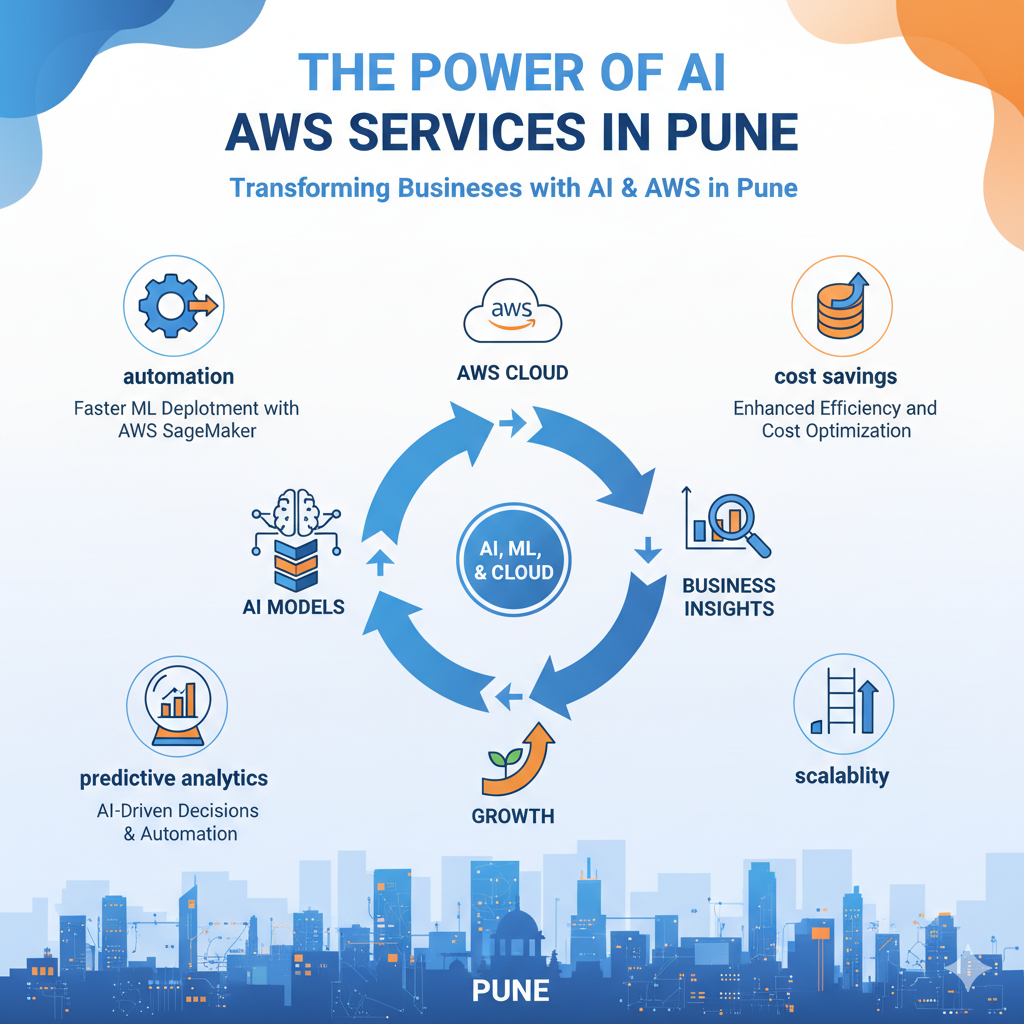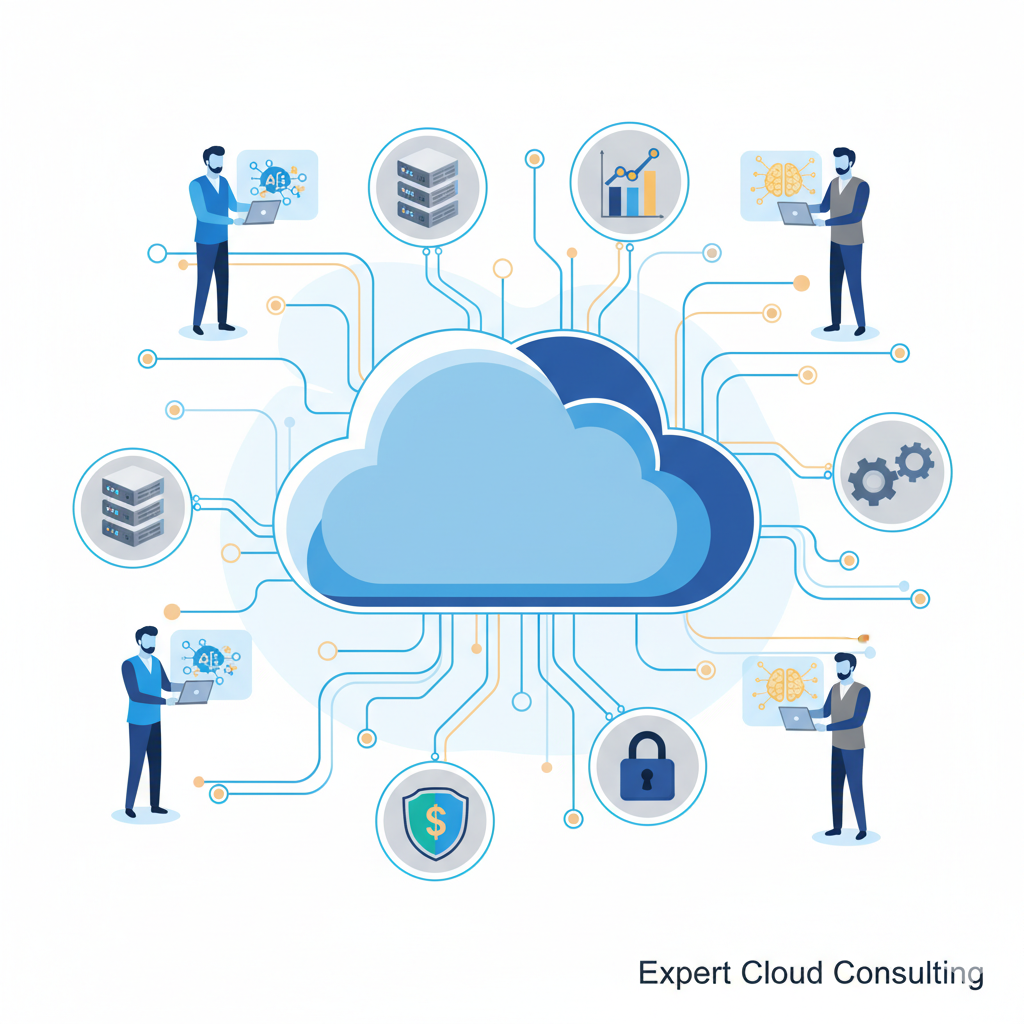- Introduction 🚀Real-time data processing has become essential for businesses looking to gain timely insights and drive agile decision-making. Two of the leading cloud-based solutions for real-time data streaming are AWS Kinesis Data Streams and Azure Event Hubs. At Expert Cloud Consulting, where we specialize in AWS and Azure Cloud Consulting Services and DevOps Services, we understand the importance of selecting the right tool for your real-time data needs. This blog compares AWS Kinesis Data Streams and Azure Event Hubs, highlighting their features, use cases, and key differences.AWS Kinesis Data Streams
AWS Kinesis Data Streams is a scalable and durable real-time data streaming service that enables you to collect, process, and analyze data as it arrives. It is part of the AWS Kinesis suite, which also includes Kinesis Data Firehose, Kinesis Data Analytics, and Kinesis Video Streams.
Key Features - Scalability
Kinesis Data Streams can handle large volumes of streaming data, scaling seamlessly from megabytes to terabytes per hour. It allows you to increase or decrease the number of shards in a stream to adjust for changes in data throughput.
- Durability and Availability 🔄
Data in Kinesis Data Streams is replicated across multiple availability zones within an AWS region, ensuring high availability and durability. Each record is stored for up to 24 hours by default, which can be extended to seven days.
Kinesis Data Streams supports real-time processing with low-latency data ingestion. You can use AWS Lambda, Amazon Kinesis Data Analytics, or custom consumer applications to process and analyze streaming data in real time.
- Integration
Kinesis Data Streams integrates seamlessly with other AWS services such as S3, Redshift, and Elasticsearch Service, enabling comprehensive data processing and analytics workflows.
- Azure Event Hubs
Azure Event Hubs is a big data streaming platform and event ingestion service capable of receiving and processing millions of events per second. It is part of the Azure messaging services suite, which includes Azure Service Bus and Azure Event Grid.
Key Features
Massive Throughput
- Event Hubs can ingest millions of events per second, making it suitable for high-volume data streams. It offers dynamic partitioning to scale data ingestion and processing.
- Capture and Storage
- Event Hubs allows you to capture streaming data and store it directly in Azure Blob Storage or Azure Data Lake Storage for long-term retention and batch processing.
- Capture and Storage
- Real-Time Analytics
- With built-in support for real-time analytics, Event Hubs integrates with Azure Stream Analytics, Azure Functions, and Apache Spark for real-time data processing and analytics.
- Security and Compliance
- Event Hubs provides robust security features, including encryption at rest and in transit, role-based access control (RBAC), and virtual network service endpoints to secure data streams.
Comparing AWS Kinesis Data Streams and Azure Event Hubs
Performance and Scalability
Both AWS Kinesis Data Streams and Azure Event Hubs offer high performance and scalability. Kinesis Data Streams allows manual adjustment of shard capacity, providing fine-grained control over throughput. Event Hubs, on the other hand, uses dynamic partitioning to scale automatically based on data volume. This makes Event Hubs particularly suitable for applications with fluctuating data rates. - Integration and Ecosystem Kinesis Data Streams is tightly integrated with the AWS ecosystem, making it an excellent choice for businesses already leveraging AWS services. Its seamless integration with S3, Redshift, and other AWS tools ensures a cohesive data processing pipeline. Azure Event Hubs offers seamless integration with Azure services, providing a unified experience for organizations using the Azure platform. Its compatibility with Azure Stream Analytics and Azure Functions makes it ideal for real-time analytics within the Azure environment.
- With built-in support for real-time analytics, Event Hubs integrates with Azure Stream Analytics, Azure Functions, and Apache Spark for real-time data processing and analytics.
Data Retention and DurabilityKinesis Data Streams provides a default data retention period of 24 hours, extendable to seven days, with data replicated across multiple availability zones. This ensures high availability and durability. Event Hubs offers configurable retention periods and ensures durability with geo-replication capabilities, making it robust for disaster recovery scenarios.
- Security
Both services provide robust security features, including encryption and access control. AWS Kinesis Data Streams integrates with AWS IAM for access management, offering granular control over permissions. Azure Event Hubs uses RBAC and integrates with Azure Active Directory for identity management, providing secure and scalable access control.
- Cost
Cost structures for AWS Kinesis Data Streams and Azure Event Hubs vary based on factors like data volume, throughput, and retention periods. Both services offer pay-as-you-go pricing models, with the option to optimize costs through reserved capacity or scaling options. It's crucial to analyze your specific use case and data patterns to determine the most cost-effective solution.
- Cost
- Security
Conclusion
Choosing between AWS Kinesis Data Streams and Azure Event Hubs depends on your specific requirements and existing cloud infrastructure. Kinesis Data Streams is ideal for organizations deeply embedded in the AWS ecosystem, offering fine-tuned scalability and seamless integration with other AWS services. Azure Event Hubs, with its massive throughput and dynamic partitioning, is perfect for businesses leveraging Azure's comprehensive suite of services.


